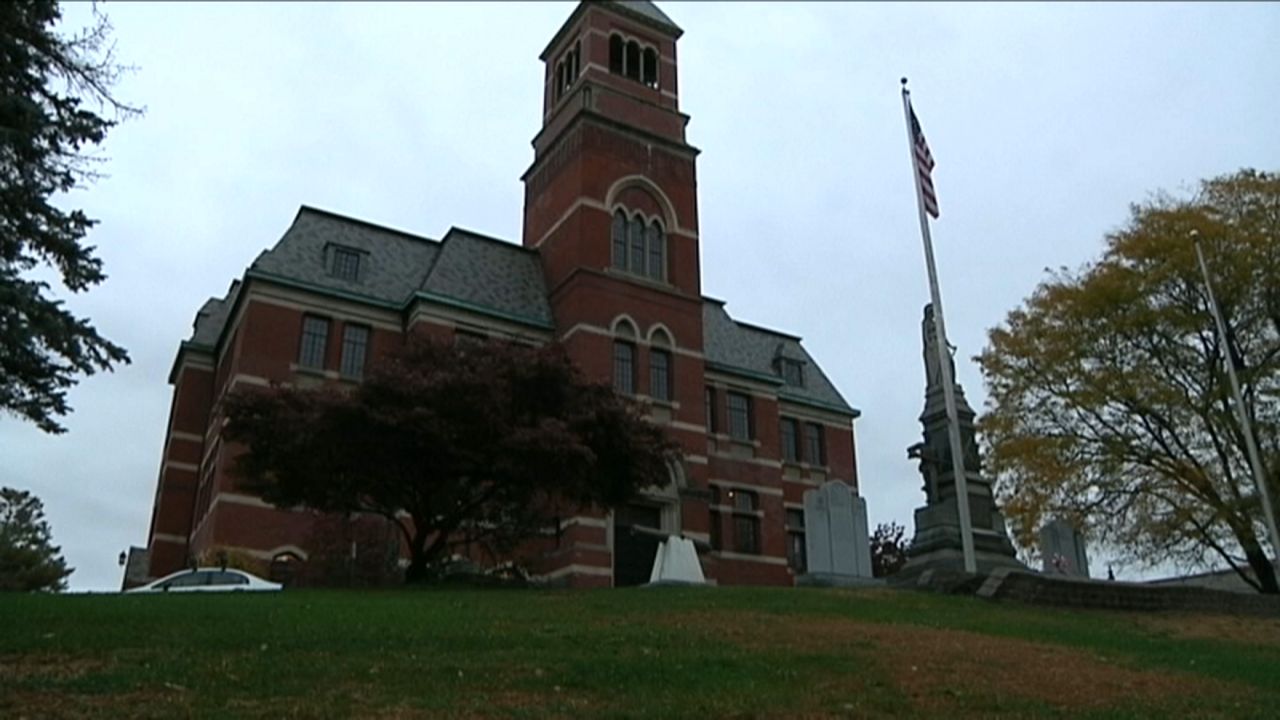It was a day of celebration 100 years in the making late last month at the United States Military Academy at West Point, as a soldier sometimes overlooked but never forgotten received both recognition and honor.
West Point’s third African American graduate, Col. Charles Young, received a posthumous promotion to brigadier general, the fifth highest rank in the Army.
What You Need To Know
- Charles Young was posthumously promoted to the rank of brigadier general in a ceremony at the United States Military Academy last month
- Young was West Point's third-ever Black graduate
- He was also the first black U.S. National Park superintendent and was the highest ranking Black officer at the time of his death in 1922
Young was born to enslaved parents in May’s Lick, Ky., in 1864. Flourishing as a student, Young would enter West Point in 1884, graduating in 1889 despite facing racial discrimination from cadets and even professors.
His career was distinguished, full of milestones and trailblazing moments. He became the first Black U.S. national park superintendent, first Black man to achieve the rank of colonel in the Army, and was the highest ranking Black military officer until his death in 1922.
Renotta Young, Charles Young’s great-niece, says that her great-uncle was a figure upon whom the family based their principles.
“It wasn’t anything where you pull yourself up by the bootstraps," Young said. "It was set the standards high, get the support you need and do your best to make the results happen.”
Young’s life resonates not just with his family or officers, but also with a new generation of cadets at West Point, like Hannah Blakey.
“They were there and they persevered through so much, despite everything that was up against them,” Blakey said. “I do think [it’s] something that has been passed on through the legacy of cadets and through the legacy of African-American cadets in particular.”
She says Young’s path has inspired her, including the way he lived his life despite the challenges of being Black in America at the turn of the century.
“Him as just a leader, and a leader who had forethought in terms of the way he cared about the national parks and the environment," Blakey said, “but also the way that he cared about people and he worked to believe in this dream, even if it wasn’t tangible to him, but recognizing that it’s important to work for the people that are coming after you.”









